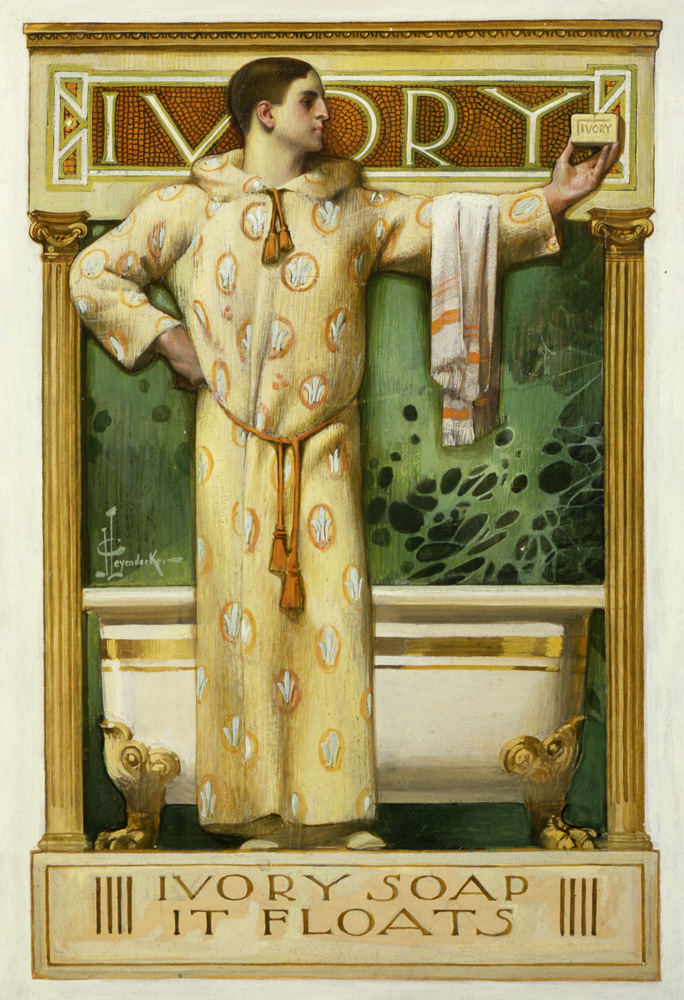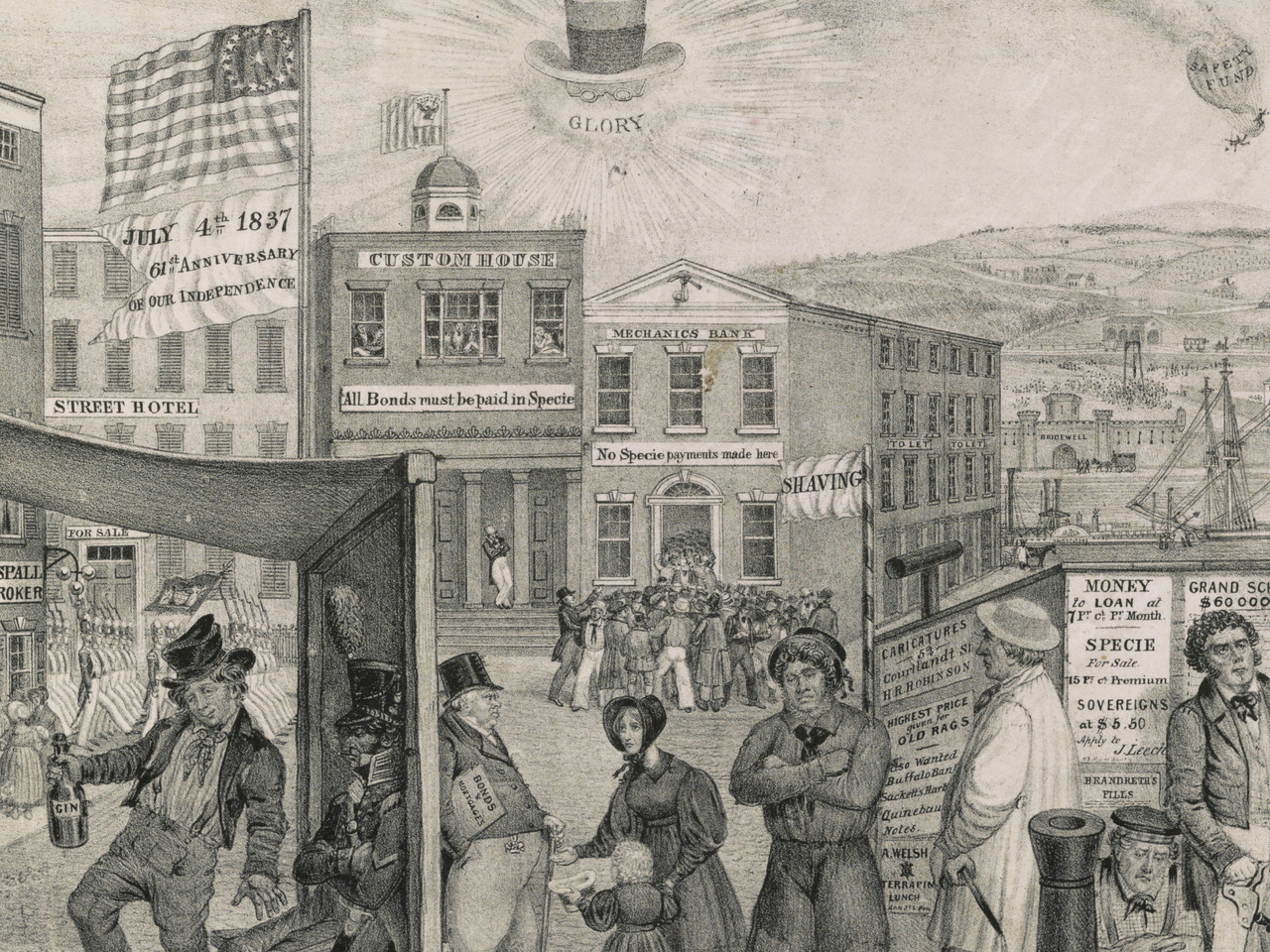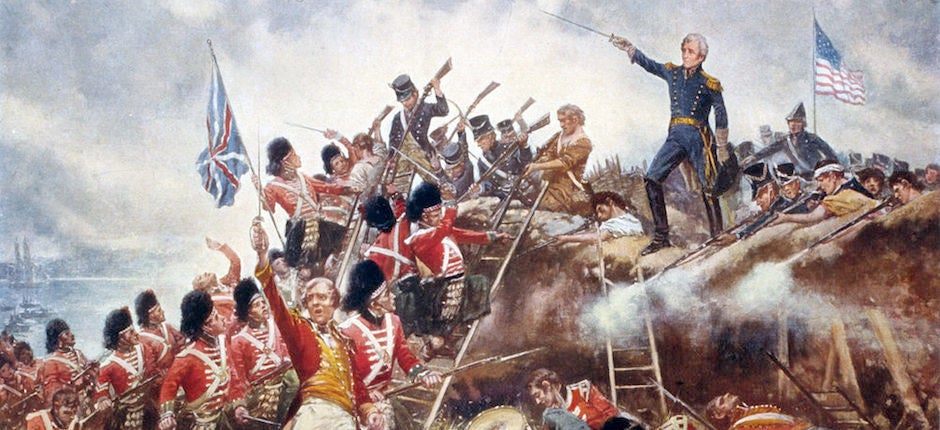Andrew Jackson had been an Indian fighter, and he continued the struggle as president. His new weapon was the Indian Removal Act, which would force Eastern tribes to relocate west of the Mississippi. by HistoryNet Staff 6/12/2006. The great Cherokee Nation that had fought the young Andrew Jackson back in 1788 now faced an even more powerful and
Andrew Jackson: The People’s President – YouTube
In this 1835 circular to the Cherokee people, Jackson lays out his case for removal. Using paternalistic and threatening language, Jackson urges the Cherokee to accept removal from Georgia and relocate westward peacefully. “I have no motive, my friends, to deceive you,” Jackson writes. He continues, “Circumstances that cannot be

Source Image: nga.gov
Download Image
Andrew Jackson is often remembered as a president of the people—incredibly popular and attuned to peoples needs and wants. This whole image rises up from how he first became famous, and that was because he was a war hero in the War of 1812. He was a major general and was hugely famous, especially after he won at the Battle of New Orleans in 1815.

Source Image: reddit.com
Download Image
Jackson Pollock | Pasiphaë | The Metropolitan Museum of Art Microsoft Word – Jackson_Reading_4.doc. Primary Source. President. Andrew Jackson’s Second Annual Speech Before Congress, December 6, 1830. The consequences of a speedy removal will be important to the United States, to individual states, and to the Indians themselves. The pecuniary advantages which it promises to the government are the least

Source Image: artblart.com
Download Image
Who Is The Civilized Community According To Andrew Jackson
Microsoft Word – Jackson_Reading_4.doc. Primary Source. President. Andrew Jackson’s Second Annual Speech Before Congress, December 6, 1830. The consequences of a speedy removal will be important to the United States, to individual states, and to the Indians themselves. The pecuniary advantages which it promises to the government are the least Jackson’s anti-Indian stance struck a chord with a majority of white citizens, many of whom shared a hatred of nonwhites that spurred Congress to pass the 1830 Indian Removal Act. The act called for the removal of the Five Civilized Tribes from their home in the southeastern United States to land in the West, in present-day Oklahoma.
idealised masculinity – Art Blart _ art and cultural memory archive
Expert Answers. In his speech on the Indian Removal Act on December 8, 1829, Andrew Jackson argued that Native Americans were “savages” whose removal would facilitate the development and Period 4: 1800–1848 (AP US History) | Gilder Lehrman Institute of American History

Source Image: gilderlehrman.org
Download Image
The Public Relations Strategy That Made Andrew Jackson President | What It Means to Be American Expert Answers. In his speech on the Indian Removal Act on December 8, 1829, Andrew Jackson argued that Native Americans were “savages” whose removal would facilitate the development and

Source Image: whatitmeanstobeamerican.org
Download Image
Andrew Jackson: The People’s President – YouTube Andrew Jackson had been an Indian fighter, and he continued the struggle as president. His new weapon was the Indian Removal Act, which would force Eastern tribes to relocate west of the Mississippi. by HistoryNet Staff 6/12/2006. The great Cherokee Nation that had fought the young Andrew Jackson back in 1788 now faced an even more powerful and

Source Image: m.youtube.com
Download Image
Jackson Pollock | Pasiphaë | The Metropolitan Museum of Art Andrew Jackson is often remembered as a president of the people—incredibly popular and attuned to peoples needs and wants. This whole image rises up from how he first became famous, and that was because he was a war hero in the War of 1812. He was a major general and was hugely famous, especially after he won at the Battle of New Orleans in 1815.
Source Image: metmuseum.org
Download Image
Andrew Jackson, President of the United States of America, to all and singular to whom these presents shall come, Greeting: Whereas a treaty between the United States of America, and the Potawatimie Jackson made this clear in his State of the Union address for 1830. [For the sections dealing with removal, click here.] In enumerating the many benefits that removal would bring, he emphasized the advantages that whites would enjoy. It will place a dense and civilized population in large tracts of country now occupied by a few savage hunters.

Source Image: loc.gov
Download Image
Andrew Jackson | Facts, Biography, & Accomplishments | Britannica Microsoft Word – Jackson_Reading_4.doc. Primary Source. President. Andrew Jackson’s Second Annual Speech Before Congress, December 6, 1830. The consequences of a speedy removal will be important to the United States, to individual states, and to the Indians themselves. The pecuniary advantages which it promises to the government are the least

Source Image: britannica.com
Download Image
Andrew Jackson President of the United States of America, to all and singular to whom these presents shall come, greeting: Whereas a treaty between the United States of America, and the Mingoes, Jackson’s anti-Indian stance struck a chord with a majority of white citizens, many of whom shared a hatred of nonwhites that spurred Congress to pass the 1830 Indian Removal Act. The act called for the removal of the Five Civilized Tribes from their home in the southeastern United States to land in the West, in present-day Oklahoma.

Source Image: loc.gov
Download Image
The Public Relations Strategy That Made Andrew Jackson President | What It Means to Be American
Andrew Jackson President of the United States of America, to all and singular to whom these presents shall come, greeting: Whereas a treaty between the United States of America, and the Mingoes, In this 1835 circular to the Cherokee people, Jackson lays out his case for removal. Using paternalistic and threatening language, Jackson urges the Cherokee to accept removal from Georgia and relocate westward peacefully. “I have no motive, my friends, to deceive you,” Jackson writes. He continues, “Circumstances that cannot be
Jackson Pollock | Pasiphaë | The Metropolitan Museum of Art Andrew Jackson | Facts, Biography, & Accomplishments | Britannica Jackson made this clear in his State of the Union address for 1830. [For the sections dealing with removal, click here.] In enumerating the many benefits that removal would bring, he emphasized the advantages that whites would enjoy. It will place a dense and civilized population in large tracts of country now occupied by a few savage hunters.